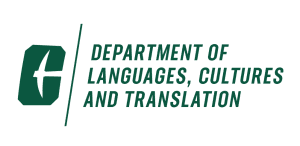2026 Heritage Language Learning Symposium (Feb. 19-20)
Innovative Heritage Language Pedagogies in Mixed Classrooms
The 2026 Heritage Language Learning Symposium is sponsored by the Department of Languages, Cultures and Translation, and the Office of International Programs.
All activities will be via Zoom. Links will be sent to those registered the second week of February 2026.
Description:
The symposium offers the opportunity to learn about current research on heritage language learning, as well as to get practical tools to teach Heritage Speakers.
Symposium Goals:
The symposium has five primary goals:
a) increase understanding of and knowledge about heritage speakers in the American educational context,
b) reflect on how Innovative approaches to language teaching can benefit heritage students and L2 learners in the Carolinas,
c) provide language instructors with pedagogical tools to better teach heritage speakers and L2 learners in mixed classrooms,
d) strengthen bilingual/heritage language education practices by connecting scholars, language instructors, and students at Charlotte and abroad, and
e) reflect on how teaching strategies have a different socio-affective impact on heritage language learners and L2 learners.
Organizers:
Featured Speakers
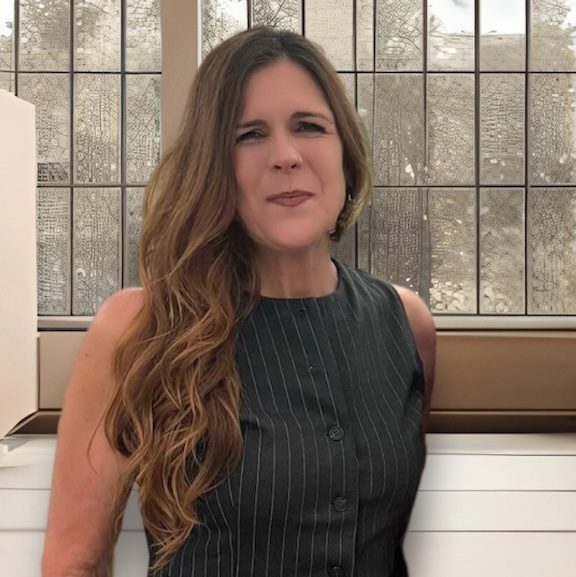
Research Presentation: Honoring Heritage and Language Diversity: Pathways for Success in Mixed Classrooms
Dr. Enza Antenos is Director of the BA in Language, Business & Culture and Associate Professor of Italian in the Department of World Languages and Cultures. As a principal collaborator in developing the interdisciplinary Language, Business & Culture (LBC) major — launched in 2019 as a joint initiative between the College of Humanities and Social Sciences and the Feliciano School of Business — she bridges the gap between language education and professional preparation.
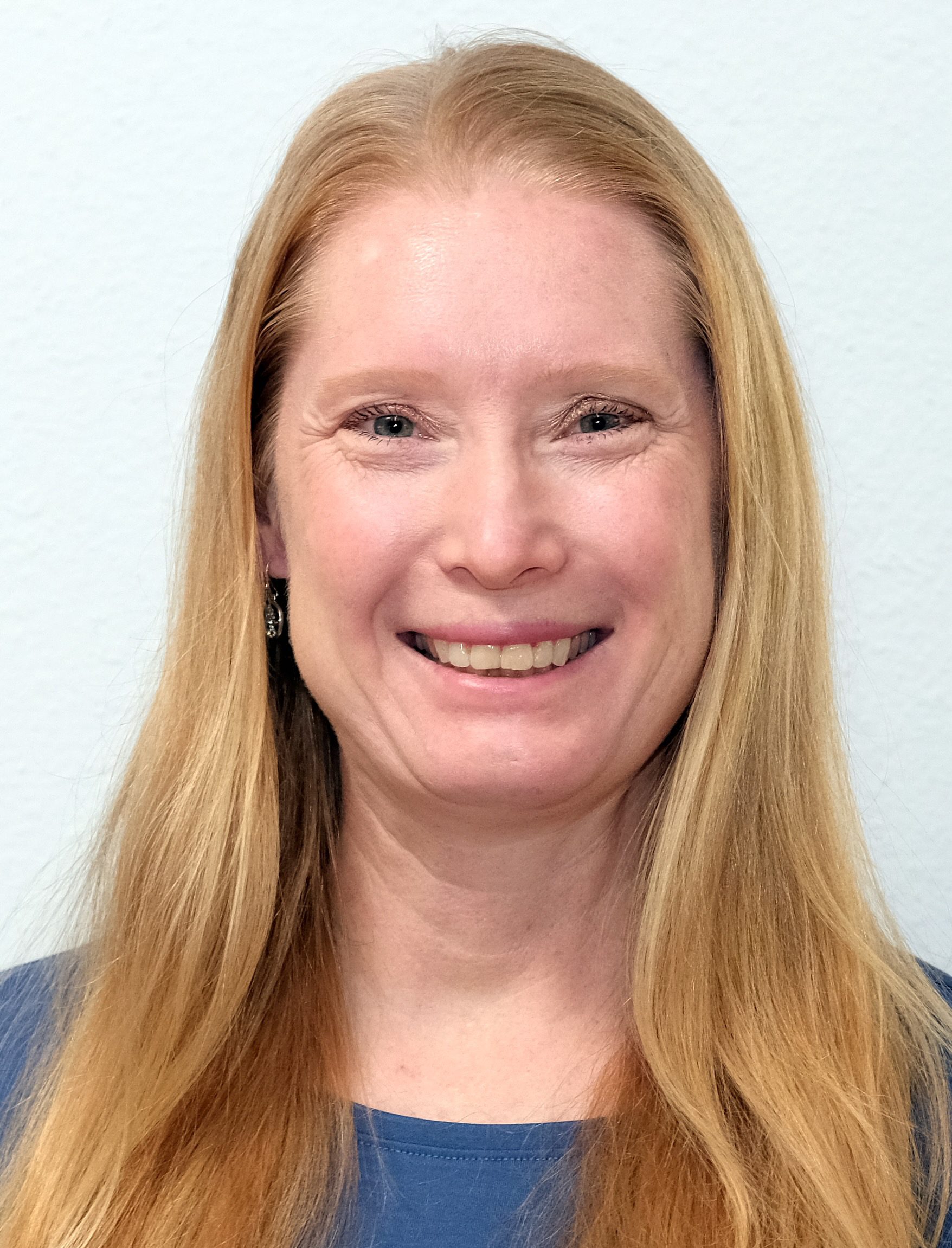
Research Presentation: Multidialectal Approaches and Heritage Language Learners
Dr. Emma Trentman is Associate Professor of Arabic and Director of the Language Learning Center at the University of New Mexico. Her research examines language learning during study abroad and in the classroom, with a focus on language ideologies and multilingual approaches. She directs the Arabic program at the University of New Mexico and is co-editor of the Critical Multilingualism Studies Journal.
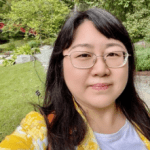
Research Presentation: Not One-Size-Fits-All: Research-Informed Strategies for Teaching Mixed HL-L2 Classes
Dr. Yan Liu, Associate Professor of the Practice in Chinese and Linguistics and Director of the Chinese Language Program at Duke University, served as a board member of the Chinese Language Teachers Association (CLTA) (2022-2025), and is currently Vice Chair of the Cultures & Languages Across the Curriculum (CLAC) Consortium. Dr. Liu’s research centers on learning Chinese as an additional language, heritage language education, and interdisciplinary curriculum design. Her work has been presented at national and international conferences and published in journals and edited volumes. Most recently, she co-authored the textbook Modern Chinese for Heritage Beginners: Stories about Us (2023).
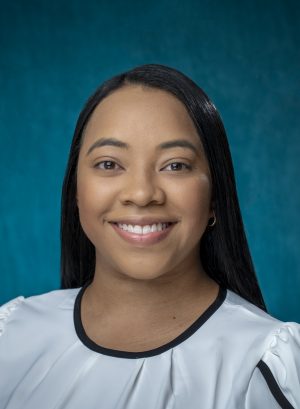
Research Presentation: Tracing Growth, Not Gaps: What the Subjunctive Can Tell Us About Heritage Language Acquisition
Workshop: Bringing the Local Community into the Spanish Classroom
Dr. Laura Solano-Escobar is an Assistant Professor of Spanish and Coordinator of the Spanish for Bilinguals Program at the University of North Carolina Wilmington. Her research centers on bilingualism and heritage language acquisition. Specifically, she explores the role of linguistic and psycholinguistic factors in shaping the acquisition of Spanish morphosyntactic structures by heritage speakers and L2 learners. Dr. Solano-Escobar is also involved in curricular design and community engagement initiatives that promote bilingualism and biliteracy.
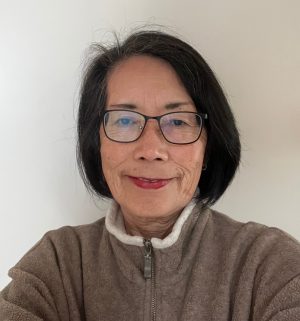
Research Presentation: Addressing the Challenges of Mixed Heritage Language (HL) Classes in Public and Community-Based Education
Dr. Masako Douglas is Professor Emerita of Japanese at California State University, Long Beach. Her areas of specialization include literacy development among Japanese learners of both heritage and foreign languages, as well as curriculum and instruction. Dr. Douglas developed heritage language curricula for children’s programs at a Japanese heritage language (JHL) school, where she taught students from first grade through middle school for seven years. She also established a JHL course within the Japanese program at a four-year university. Currently, she serves as a curriculum advisor and teacher trainer at a weekend JHL school, as well as on the boards of the Coalition of Community-Based Heritage Language Schools in the U.S. and the Bilingual and Multilingual Child Network in Japan.
Abstracts here
Schedule
Thursday February 19, 2026
10:00 am – 10:10 am US EST
Opening Remarks: Dr. Beth Whitaker, Associate Dean for Research and Interdisciplinary Collaboration
10:10 am – 12:00pm US EST
Research Presentation: Honoring Heritage and Language Diversity: Pathways for Success in Mixed Classrooms
Featured Speaker: Dr. Enza Antenos
1:30 pm – 2:30 pm US EST
Research Presentation: Multidialectal Approaches and Heritage Language Learners
Featured Speaker: Dr. Emma Trentman
3:30 pm – 4:30 pm US EST
Workshop: Not One-Size-Fits-All: Research-Informed Strategies for Teaching Mixed HL-L2 Classes
Featured Speaker: Dr. Yan Liu
Friday February 20, 2026
10:00 am – 10:10 am US EST
Opening Remarks – Dr. Anabel Aliaga-Buchenau, Chair, Department of Languages, Cultures and Translation
10:10 am – 12:00 pm US EST
Research Presentation: Tracing Growth, Not Gaps: What the Subjunctive Can Tell Us About Heritage Language Acquisition
Featured Speaker: Dr. Laura Solano-Escobar
2:30 pm – 3:45 pm US EST
Research Presentation: Addressing the Challenges of Mixed Heritage Language (HL) Classes in Public and Community-Based Education
Featured Speaker: Dr. Masako Douglas
4:00 pm – 6:00 pm US EST
Workshop: Bringing the Local Community into the Spanish Classroom
Featured Speaker: Dr. Laura Solano-Escobar
Note: This is a hands-on workshop. Registration is limited.
REGISTRATION
There is no cost to attend the symposium, but attendees must register in advance. The deadline for registration is February 15th , 2026.
Contact
Please contact the following Symposium organizers if you have any questions:
Dr. Paloma Fernández Sánchez (pfernan2@charlotte.edu)
Dr. Chikako Mori (cmori@charlotte.edu)
